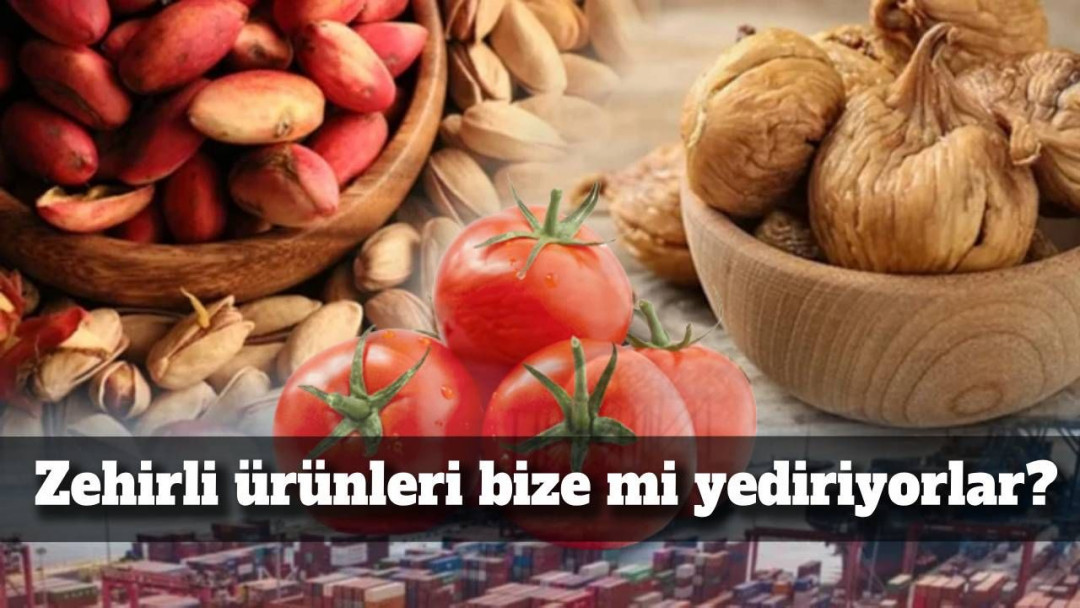Products exported from Turkey are being sent back: Are they feeding it to us?

Recently, food products exported from Turkey to Europe have been sent back due to the presence of substances harmful to health. This raises the question: “Are these products being offered to consumers in the domestic market?”. While concerns among consumers grow, authorities are expected to provide more transparent and detailed explanations.
In products such as dried figs, pistachios, and apricots exported from Turkey, aflatoxin and ochratoxin levels significantly exceeding the health standards set by the European Union were detected. These substances are reported to cause serious health issues, including liver cancer.
OCHRATOXIN SCANDAL IN DRIED FIGS
In dried figs intended for export from Turkey to Italy and Sweden, ochratoxin levels 23 times higher than the permissible limit were identified. The European Food Safety Alert System (RASFF) announced that these products pose a serious health threat and decided to send them back.
AFLATOXIN DANGER IN PISTACHIOS
Recently, pistachios exported to Italy were found to contain aflatoxin levels 7 to 9 times higher than permitted. This toxin is among the substances that pose a severe threat to liver health. Similarly, in apricots sent to the Netherlands, ochratoxin levels were found to be 35 times the permissible limit, and these products were also returned.
ARE RETURNED PRODUCTS SOLD ON THE DOMESTIC MARKET?
The return of exported products from Europe raises the question of whether these goods are sold on Turkey’s domestic market. On social media, the sudden drop in prices of returned products has drawn attention. For example, the price of pistachios rejected abroad dropped by up to 30%. This has fueled debates on whether these products are offered to local consumers.
HEALTH RISKS AND CONSUMER PRECAUTIONS
Experts warn that these substances can cause serious diseases, including liver cancer, in the long term. Consumers are advised to be cautious when purchasing food products and to request reliability certificates from suppliers and brands. Moreover, authorities need to tighten inspections and adopt transparent information policies.
WHY ARE TURKISH EXPORT PRODUCTS FALLING SHORT OF STANDARDS?
In recent years, due to stricter European Union standards, many food products exported from Turkey have been returned for failing to meet these standards. The reasons include excessive use of chemicals in agriculture, improper storage conditions, and insufficient inspections.


